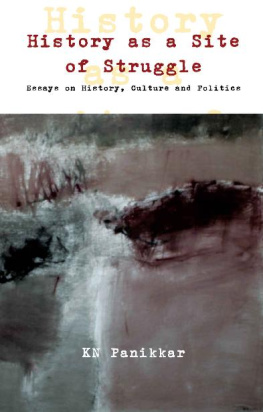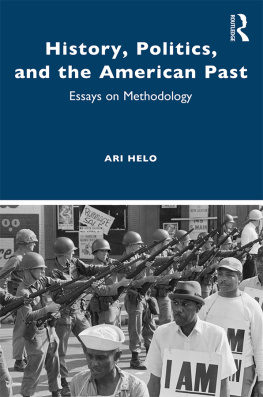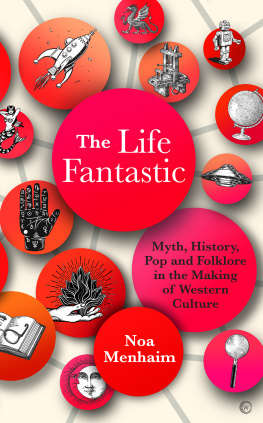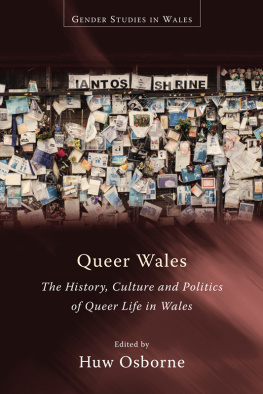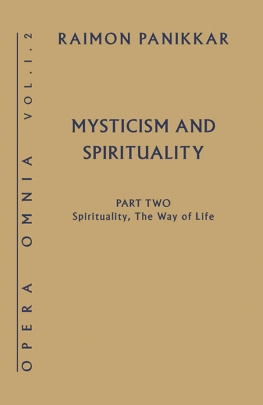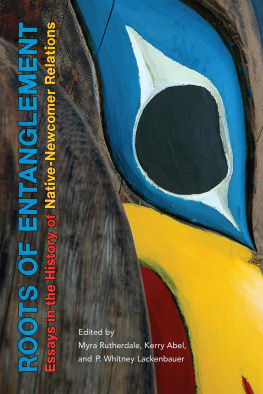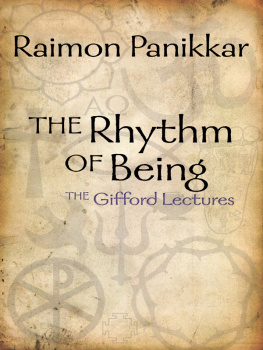ci
History as a Site of Struggle
This valuable collection of essays by a renowned historian chronicles contemporary South Asia as events have unfolded in the last three decades. The author has analysed contemporary issues from a unique historical vantage point not available in most commentaries on South Asia.
The author focuses on the linkage between neo-liberal economics and Hindu fundamentalism in India, and the vicissitudes of politics in the subcontinent.
There is in-depth analysis of the status of minorities, growth of religious tensions and the erosion of democracy. He outlines the historical context of the Hindu right wing cultural project and the strategies of resistance against it.
The destabilisation of the educational system through privatization by a variety of political regimes, and its communalization during the NDA rule are carefully discussed in the context of the secular and democratic project in South Asia. The significance of history as a site of struggle and contestations over history is a running thread in these essays.
Written in a style that is accessible and reader friendly, these essays show how those involved in academics can make a larger public participate in the intellectual debates of our times. This book would be useful for those engaged in academics of course, but students, civil society activists and concerned citizens would also gain from it.
ii d
Books by KN Panikkar
British Diplomacy in North India:
A Study of the Delhi Residency, 1803-1857 (1968) Against Lord and State:
Religion and Peasant Uprisings in Malabar 1836-1921 (1990) Culture, Ideology and Hegemony:
Intellectuals and Social Consciousness in Colonial India (1996) Communal Threat, Secular Challenge (1997) An Agenda For Cultural Action and Other Essays (2002) Before the Night Falls:
Forebodings of Fascism in India (2002) Colonialism, Culture and Resistance (2007) Books edited:
National and Left Movements in India (1980) Peasant Protest and Revolts in Malabar:
A Source Volume (1990)
Communalism in India:
History, Politics, and Culture (1992) A Concerned Indians Guide to Communalism (1999) Making of History: Essays Presented to Irfan Habib (with Terry Byres and Utsa Patnaik, 1990)
Communalism, Civil Society and the State
(with Sukumar Muralidharan, 2002)
Indias Struggle for Independence
(with Bipan Chandra, Mridula Mukherjee and Sucheta Mahajan, 1988) Towards Freedom:
Documents on the Movement for Independence in India 1940, 2 vols (2011)
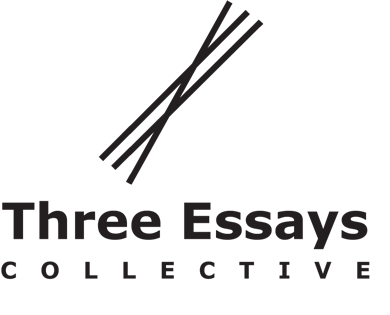
ciii
History as a Site of Struggle
Essays on History, Culture and Politics
K.N. Panikkar
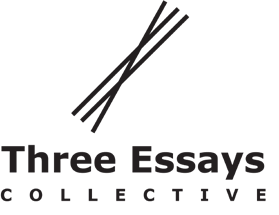
iv d
First paperback edition August 2014
Three Essays Collective 2013
All rights reserved
No part of this book may be reproduced or utilised in any form or by any means, electronic or mechanical, including photocopying, recording or by any information storage or retrieval system, without the prior written permission of the publisher.
ISBN 978-81-88789-84-9
B-957 Palam Vihar, GURGAON (Haryana) 122 017 India Phone: +91 98681 26587, +91 98683 44843
threeessays@gmail.com Website: www.threeessays.com Printed and bound by Chaman Offset Printers, New Delhi
cv
For those who are fighting for secularism
vi d
cvii
Contents
Editors Note
xi
Acknowledgements xvi
History and Historiography
Colonialism, Culture and Revivalism
Outsider as Enemy: Politics of Rewriting History in India 17
History and Cultural Heritage
A Rational View of the Past: The Babri Masjid Dispute 37
On Historiography
History Textbooks in India
History Retold: Fascist Future of the Past
Competing Historiographies
EMS as Historian
A Great Historian: Sarvepalli Gopal, 1923-2002
Alternative Historiographies: Changing Paradigms of Power 91
It is a Fear of History
History as a Site of Struggle
Myth, History and Politics
Writing Local History in the Times of Globalisation 117
National Politics
Incomplete Struggle
Freedom Fifty: A Critical Introspection
Congress: Loss of Legitimacy
Denationalising the Nation: Politics of Globalisation 155
viii d
Politics Without Idealism
Secularism Under Siege
History, Politics and Culture
Towards an Agenda for Secular Cultural Mobilisation 191
Media and Public Sphere
Bhagat Singh: Profile of a Revolutionary
Nationalism: Beyond Anti-colonialism
The Secular Way: To Uphold Democratic Principles 229
On the Great Rebellion of 1857
Communalisation and the Retreival of the Secular 247
Ayodhya: A Historical Overview
Was There a Renaissance in India?
Was Indian Nationalism Inclusive?
Some Thoughts on Secularism
Corruption and the Middle Class
Jan Lokpal
Corruption A Threat to Indian Democracy
Communal Politics
Religious Politics: The Possible Future
Religious Symbols and Political Mobilisation
The Right to Know
Babri Masjid
Meaning of BJP Politics
Hindu Revivalism: A Political and Cultural Project 359
The Task Before the Nation
Communalism in India: Towards an Intervention 369
Towards a Hindu Nation
Worse than Medievalism
Countering the Revivalist Spirit
Gujarat: Symptoms of a De-civilising Process
The Agony of Gujarat
Before the Night Fal s
A Dangerous Decade
cix
Communalising Kerala
In the Name of Nationalism
Assassination of the Mahatma
Communalism the Road Ahead
The Struggle Within
Education
Democratic Education: Some Reflections
Denationalising Education
Secular and Democratic Education
Higher Education: Perilous Prospects
Education for Fundamentalism
Whither Indian Education?
Education: Beyond Review and Rectification
Communalisation of Education
In Defense of the Right to Know
Culture
Cultural Pasts and National Identity
Tradition, Innovation and Identity: Religion and Caste in Colonial India
Globalisation, Culture and Communalism
Ungodly Men, Unholy Activities
A Perspective for Intervention
An Agenda for Secularism
Minorities in South Asia
Identity Politics in South Asia
An Agenda for Cultural Action
Left Cultural Intervention: Perspectives and Practice 633
Progressive Cultural Movement in India
x d
cxi
Editors Note
Not many professors of history have the good fortune of their work being found of use by persons outside the field of academics. In the case of Professor KN Panikkar there has been a long demand that his body of lectures at public meetings and his writings in the popular media be brought together in a kind of Omnibus of his activistic writings.
This volume has been some time in the making; collecting his ouvre and putting it together has been a pleasure and a challenging task. His range of subjects and depth of concerns is a catalogue of all that has been happening in this country in fact in South Asia in the last three decades, and the historical backdrop to it. His being a historian of modern India has leant to his analysis of contemporary concerns a unique vantage point not available in most commentaries of contemporary South Asia.
Next page
